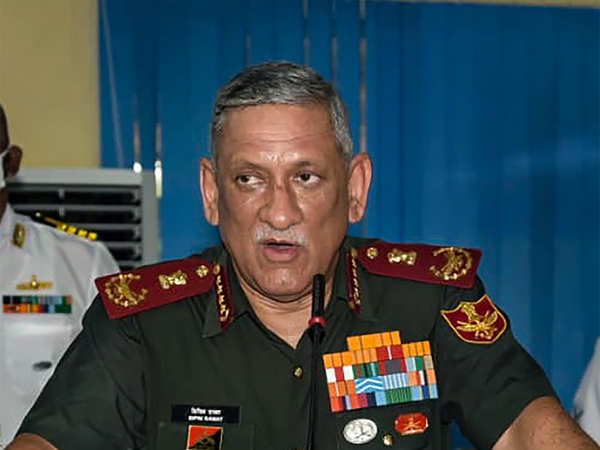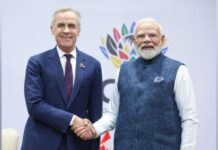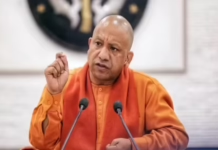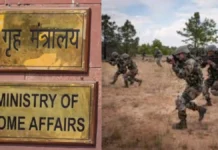NEW DELHI: India stood firm to China’s ‘shove and push tactics’ on the northern borders in Eastern Ladakh, Chief of Defence Staff General Bipin Rawat said on Thursday.
China feels that just by doing a little bit of shove and push, it will be able to compel nations to give in to their demands, but India has stood firm on the northern borders, General Rawat said.
“We have proven that we will not get pushed,” he said while speaking at a virtual discussion during the ongoing Raisina Dialogue 2021. General Rawat said that by standing firm, India prevented a change in the status quo, besides being able to garner world support.
“I think the international community has to come to our support to say, yes, there is an international rule based order which every nation must follow. This is what we have been able to achieve,” he said.
Stating that China attempted to say that it was either their way or no way, General Rawat said, “Such nature of undeclared war will place a dilemma in the minds of the decision makers as in whether to resort to kinetic force and thus be labelled as an aggressor.”
He also said that the Chinese tried to change the status quo by using disruptive technology without using force. “As of now they have not used force and they thought that India as a nation will succumb to the pressures they are putting on us because of the technological advantage they have,” he added.
Stressing that nations like China are looking to use alternative means of technology in warfare to put pressure and impose their will on other nations, General Rawat said, “I think unconventional means of conflict employed by clever use of disruptive technologies could actually paralyse networks causing breakdowns of systems — banking, power grids, transportation and communication.”
Replying to a query on China’s aggressive moves and galvanisation, General Rawat said, “They feel they have arrived… they have a superior armed force because of technological advantage. They have created disruptive technologies which can paralyse systems of the adversary.”
He said while militaries around the world are seeking innovative systems to enhance their combat capabilities, disruptive technologies, on the other hand, will compel nations to rethink the techniques and doctrines of warfare.
“That is what China is evolving to do. It is trying to get into limited conflict,” General Rawat said, as he pointed out how China used information warfare sending a message of superiority thinking the adversary will not be able to stand up against them and succumb to these threats.
“Through weaponisation of social media, the internet is changing war and politics… Technology will indeed play an important role in the manner in which nations perform in the future,” he said.
India and China have been engaged in a military tussle over the last one year in Ladakh and despite the initial disengagement, the tensions prevail as there has been no final resolution of the matter yet.
On the condition of Uyghurs in Xinjiang, General Rawat said, “In our nation, we have always believed that every community, irrespective of religion, creed or colour, have equal rights. The world must stand together in ensuring that people have their human rights.”







